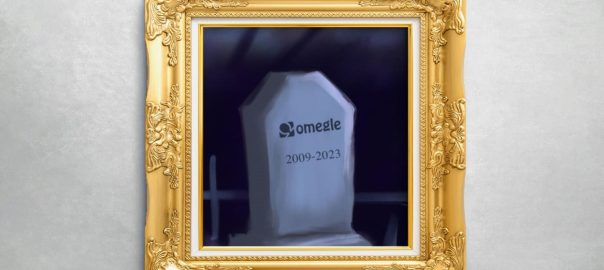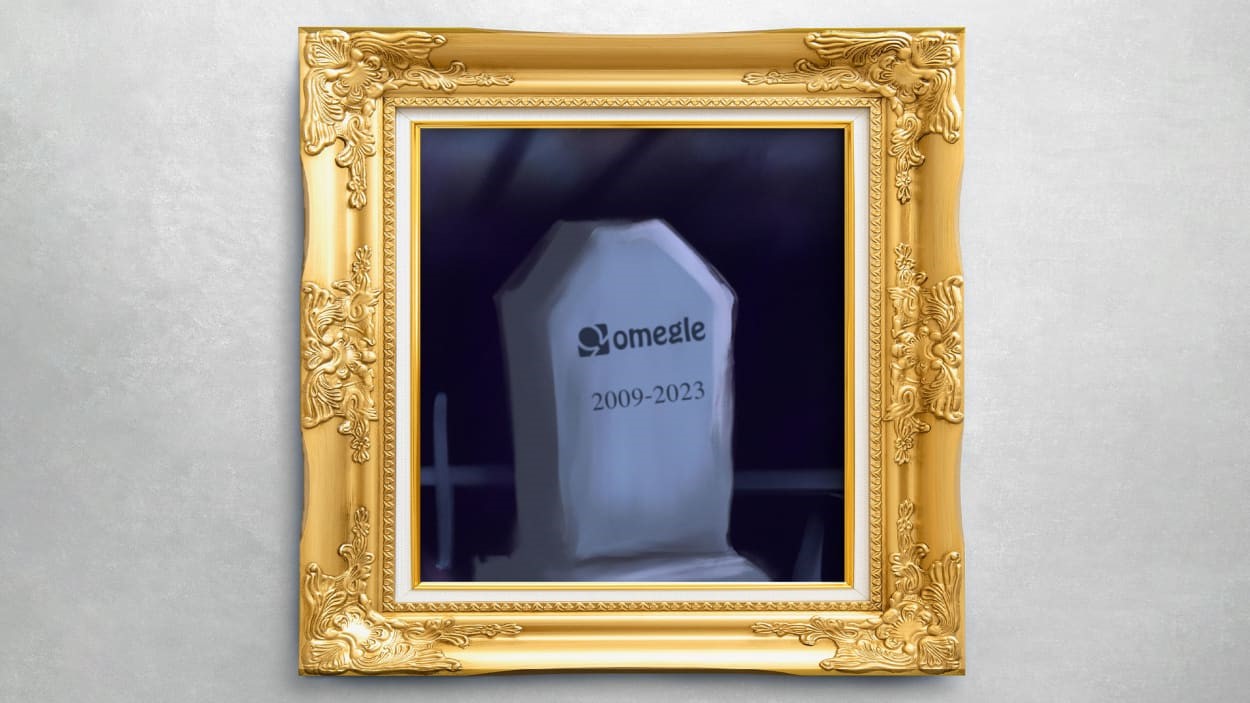By Chris Morris
Omegle, the anonymous video chat service founded in 2009, which saw a surge of popularity as people were isolated at home during the pandemic, has finally called it quits after 14 years. The closure comes following the settlement of a recent lawsuit that alleged Omegle gave sexual predators free rein online.
Leif K-Brooks, the app’s founder, announced the shutdown in a rambling, defensive post on the site, which ranged from his theory that we live in a “world of mandatory fear” to likening the site’s inability to prevent crimes to the flaws of superheroes.
“To an extent, it is reasonable to question the policies and practices of any place where crime has occurred,” he wrote in a 1,700-word essay. “I have always welcomed constructive feedback; and indeed, Omegle implemented a number of improvements based on such feedback over the years. However, the recent attacks have felt anything but constructive. The only way to please these people is to stop offering the service. Sometimes they say so, explicitly and avowedly; other times, it can be inferred from their act of setting standards that are not humanly achievable. Either way, the net result is the same.”
Brooks claims to have made numerous attempts over the years to moderate how users were paired together, but said the “stress and expense of this fight—coupled with the existing stress and expense of operating Omegle, and fighting its misuse—are simply too much.”
Omegle paired strangers together, usually via video. It didn’t take long for the Internet’s shadier users to find the site, with people appearing nude, performing sex acts, and more. Minors were reportedly exposed to that content and would interact with the people offering it. For the first 10 years of its history, Omegle’s terms of service allowed anyone 13 years and older to access the site. Some were allegedly partnered with adults or sexual predators.
The terms of service changed in 2022, but that didn’t appear to slow the abuse in any notable way. In June, the FBI alleged that a 28-year-old man met a 14-year-old girl on the site, sent her sexually explicit photos and eventually kidnapped her. (He was sentenced to 30 years in prison for producing child sexual abuse material.)
It was a lawsuit filed in 2021 that seemingly led to the site’s shutdown, though. A woman alleged that when she was 11 years old, a man coerced her to remove her clothes and perform sexual acts over three years on Omegle, then threatened to release those images. The woman’s attorney, Carrie Goldberg, confirmed to Fast Company that the permanent closure of the site was part of the settlement.
Brooks didn’t discuss the case in his note, instead arguing that opponents were trying to limit people’s freedoms, likening the closure of the site to blaming a rape victim for being dressed immodestly. “When they say Omegle shouldn’t exist, they are really saying that you shouldn’t be allowed to use it; that you shouldn’t be allowed to meet random new people online,” he wrote.
In the message, Brooks claimed to be a victim of childhood rape himself and said the Internet “opened the door to a much larger, more diverse, and more vibrant world than I would have otherwise been able to experience.” Shutting down Omegle, he said while announcing its closure—complete with an image of a tombstone bearing the Omegle logo—was akin to closing Central Park because a crime had occurred there.
“I worry that, unless the tide turns soon, the Internet I fell in love with may cease to exist, and in its place, we will have something closer to a souped-up version of TV—focused largely on passive consumption, with much less opportunity for active participation and genuine human connection,” he wrote. “I’m so sorry I couldn’t keep fighting for you.”
(5)
Report Post





